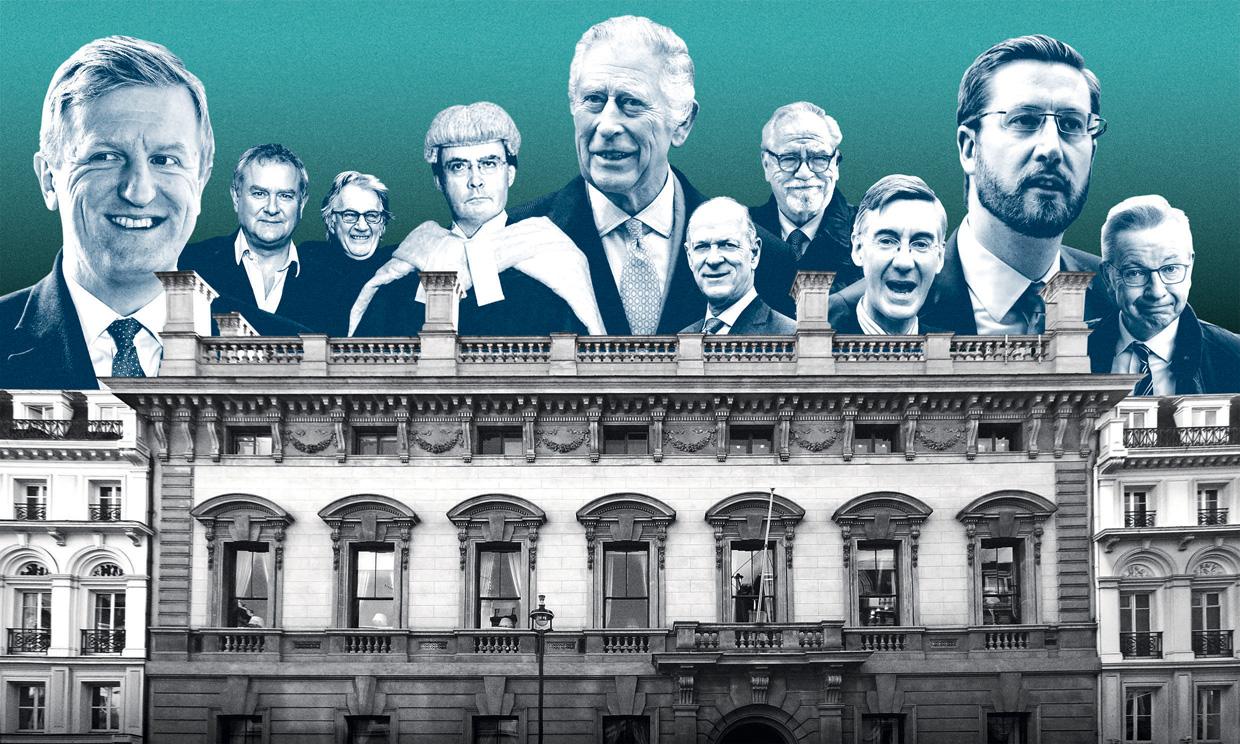
And in it, Rachel Reeves briefly paid credit to a woman who went before her. Not Margaret Thatcher - Reeves came more to bury than to praise her - but Mary Paley Marshall, the pioneering economist who in 1874 became one of the first two women allowed to sit her finals at Newnham College, Cambridge, in what was then called moral sciences.
Though Marshall passed with flying colours and went on to lecture in economics at Cambridge, she was never awarded a degree, because those were only for men. So jealously was this privilege guarded that almost two decades later, proposals to award degrees to women sparked a riot. A hostile mob of male students threw eggs, let off fireworks, started a bonfire in the street and marched on the all-female Newnham College.
Staggeringly, it was 1948 before Cambridge began formally awarding degrees to women and 1988 before its last all-male college, Magdalene, grudgingly voted to admit them. And even then, some students paraded around in black armbands as if something important had died. But it was the Oxford and Cambridge Club that held out longest; women with Oxbridge degrees could not become full members of a club that exists only for Oxbridge degree holders until 1996. Until then, men who scraped thirds were favoured over women with firsts.
This story is from the March 29, 2024 edition of The Guardian Weekly.
Start your 7-day Magzter GOLD free trial to access thousands of curated premium stories, and 9,000+ magazines and newspapers.
Already a subscriber ? Sign In
This story is from the March 29, 2024 edition of The Guardian Weekly.
Start your 7-day Magzter GOLD free trial to access thousands of curated premium stories, and 9,000+ magazines and newspapers.
Already a subscriber? Sign In

The Saudi football World Cup is an act of violence and disdain
Well, that's that then. In the event there were only two notes of jeopardy around Fifa's extraordinary virtual congress last week to announce the winning mono-bids, the vote without a vote, for the right to host the 2030 and 2034 football World Cups.

AI has made the move into video and it's worryingly plausible
I recently had the opportunity to see a demo of Sora, OpenAI's video generation tool, which was released in the US last Monday, and it was so impressive it made me worried for the future.

With tyrant Assad ousted, Syrians deserve support and hope
Last week, time collapsed. Bashar al-Assad's fall recalled scenes across the region from the start of the Arab spring almost 14 years ago. Suddenly history felt vivid, its memories sharpened. In fact it no longer felt like history.

TV
The Guardian Weekly team reveals our small-screen picks of the year, from the underground vaults of post-apocalyptic Fallout to the mile-high escapism of Rivals

Albums
Murky love stories, nostalgic pop and an in-your-face masterpiece captured our critics' ears in 2024

Film
Visual language, sound, light and rhythm are to the fore in the best movies of the year

Hidden delights Our 24 travel finds of 2024
Guardian travel writers share their discoveries of the year, from Læsø to Lazio

'It's really a disaster' The fight to save lives as gang war consumes capital
Dr James Gana stepped out on to the balcony of his hospital overlooking a city under siege. \"There's a sensation of 'What's next?'. Desperation is definitely present,\" the Médecins Sans Frontières (MSF) medic said, as he stared down at one of scores of camps for displaced Haitians in their country's violence-plagued capital.

Trailblazers The inspiring people we met around the world this year
From an exuberant mountaineer to a woman defiantly facing the guns of war, here are some of the brave individuals who gave us hope in a tumultuous 2024

Votes of confidence
From India to Venezuela and Senegal to the US, more people voted this year than ever before, with over 80 elections across the world. With rising authoritarianism and citizen-led resistance revealing its vulnerabilities and resilience in the face of unprecedented challenges, has democracy reached its breaking or turning point?